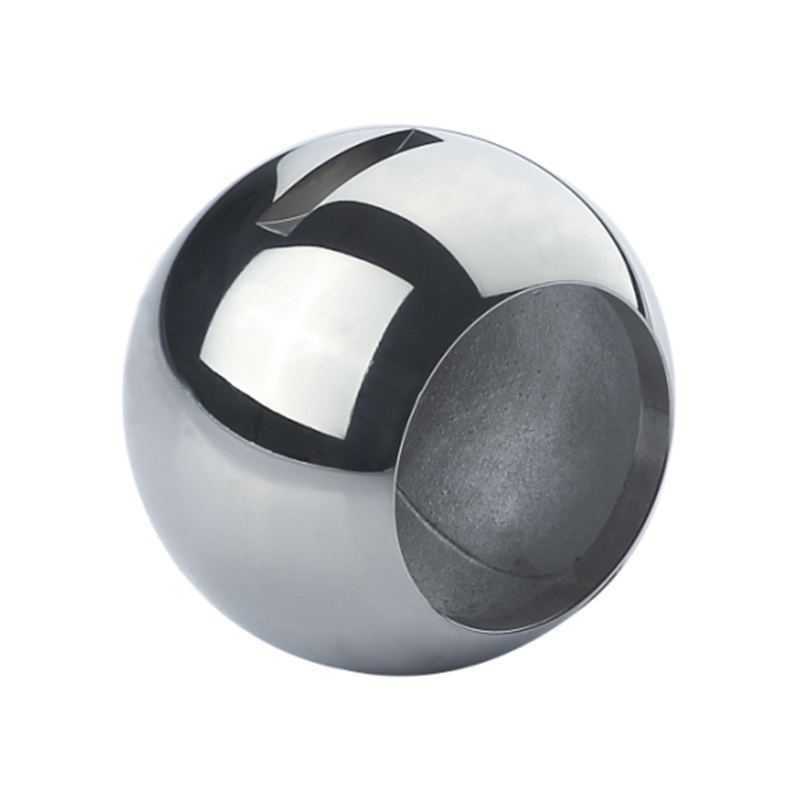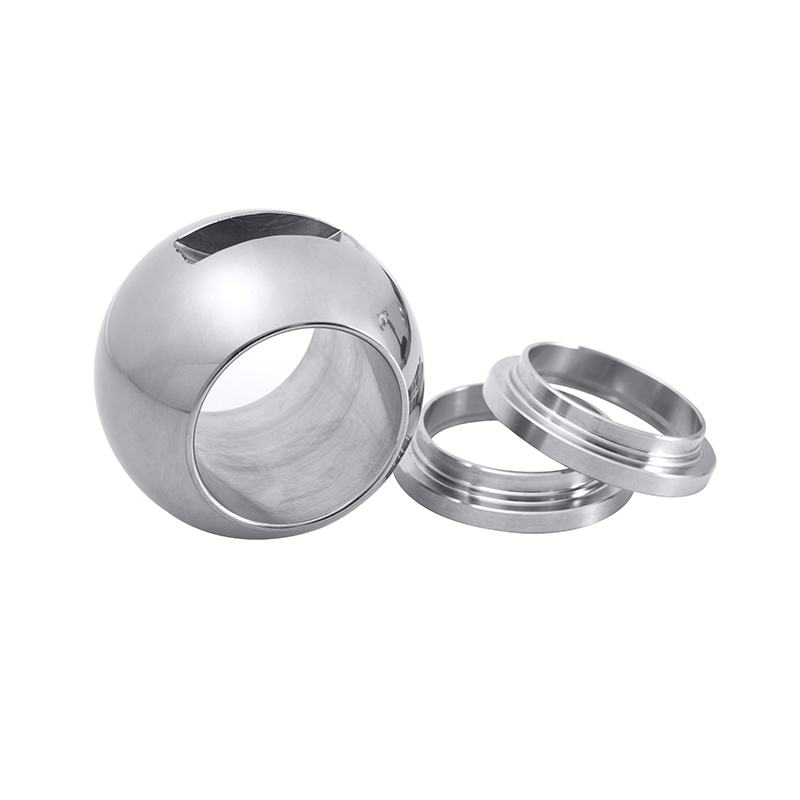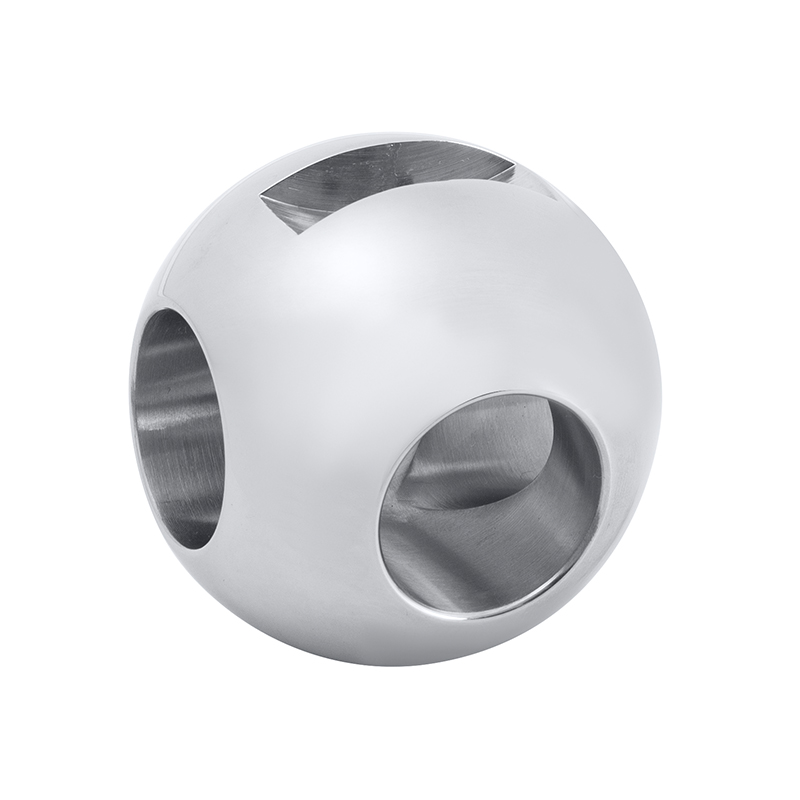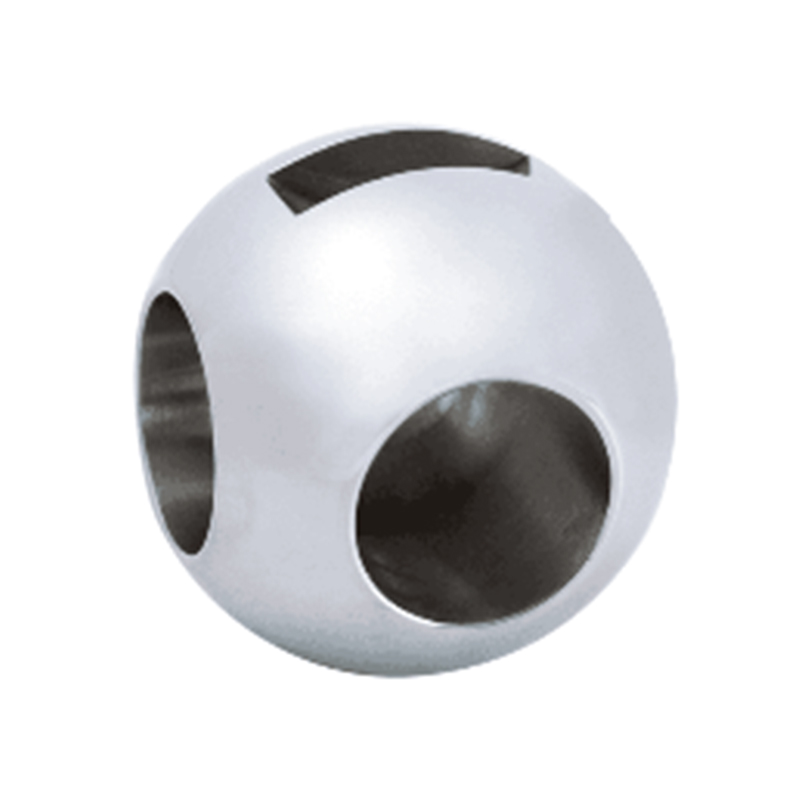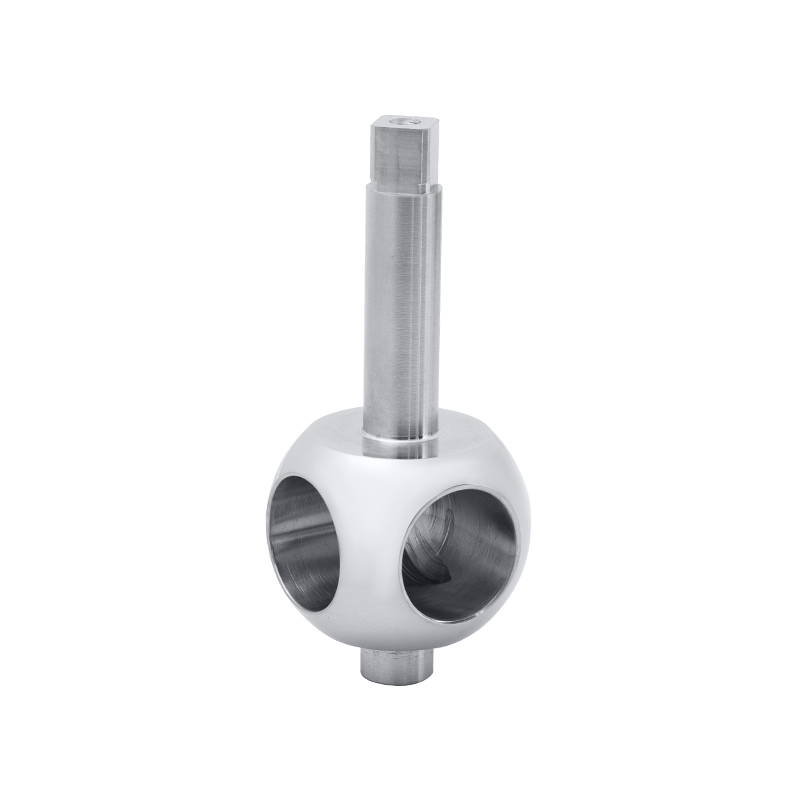Pipeline systems are a critical component of modern infrastructure, ensuring the smooth transport of liquids and gases across industrial, commercial, and municipal networks. One area that has seen notable advancements in recent years is the design and functionality of valve components. Among these, the use of Hard Seal Ball technology has emerged as a key factor in reducing maintenance requirements and enhancing operational reliability.

Durability and Resistance in Harsh Environments
The design of a Hard Seal Ball emphasizes durability and resistance to wear, which is particularly important in pipelines that handle abrasive fluids or operate under high-pressure conditions. Unlike softer sealing materials, hard seals are less prone to erosion or deformation over time. This durability reduces the frequency of repairs and maintenance interventions, which can be costly and time-consuming. For industries that rely heavily on continuous pipeline operations, this represents a significant improvement in both efficiency and safety.
Integration with At Controls Ball Valves
In many modern pipeline systems, at controls ball valves are used in conjunction with hard seal balls to provide precise flow control. These valves offer a compact and reliable method for regulating the movement of fluids through the pipeline. When paired with a Hard Seal Ball, the combination ensures a tight seal that less leakage and prevents operational disruptions. This synergy between the valve mechanism and the sealing component allows engineers to maintain smoother operations with fewer unexpected interruptions.
Maintenance Advantages
One of the lots of notable benefits of Hard Seal Ball technology is the reduction in maintenance frequency. Traditional valve systems with softer seals often require routine inspections and replacements due to wear and tear. In contrast, pipelines equipped with hard seal balls experience less degradation over time, meaning that scheduled maintenance can be extended without compromising system performance. This advantage not only reduces labor and material costs but also improves overall operational uptime.
Adaptation Across Industries
The applications of Hard Seal Ball components are broad, spanning chemical processing, water treatment, oil and gas, and other industries that rely on pipeline infrastructure. In chemical plants, for example, the resistance of hard seal materials to corrosive fluids is particularly valuable. Similarly, in oil and gas pipelines, the ability of at controls ball valves to regulate flow while less leakage is essential for maintaining safety standards and environmental compliance.
Enhancing Operational Safety
Safety is another area where Hard Seal Ball technology contributes significantly. A more reliable sealing mechanism reduces the risk of leaks that could advance to hazardous situations or environmental contamination. By combining this technology with precise at controls ball valves, operators can achieve better control over fluid dynamics, thereby lowering the potential for accidents or system failures.
The incorporation of Hard Seal Ball components into pipeline systems represents a practical approach to improving efficiency and reducing maintenance requirements. When used alongside at controls ball valves, these systems provide enhanced durability, precise flow management, and increased operational safety. As pipeline networks continue to evolve, the adoption of such technologies is likely to become a standard practice in industries that prioritize reliability and long-term performance.

 English
English Español
Español Deutsch
Deutsch

